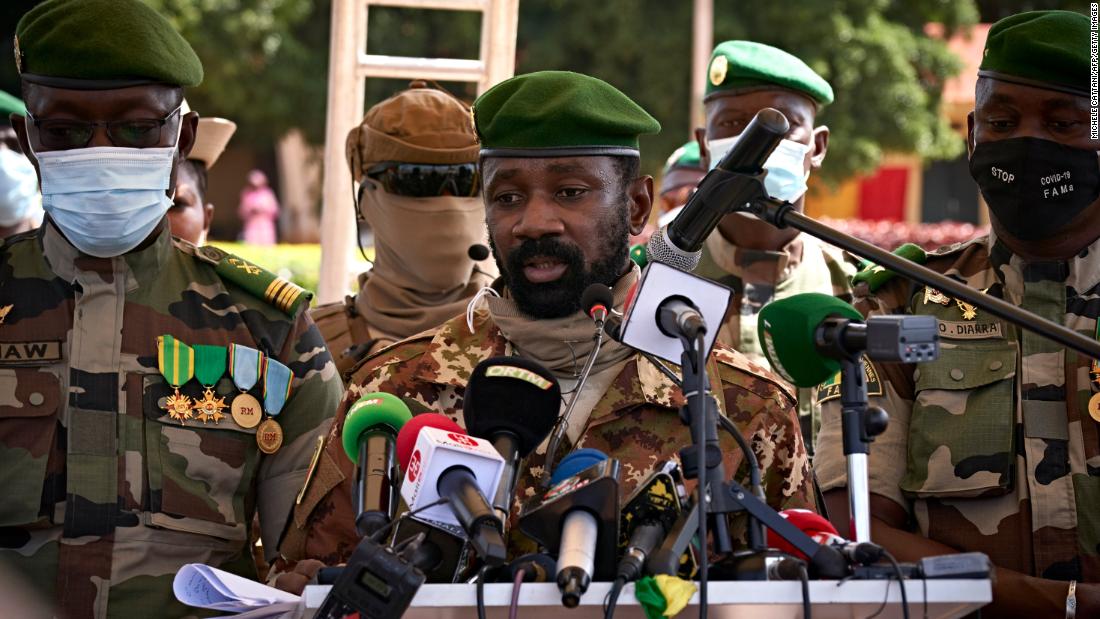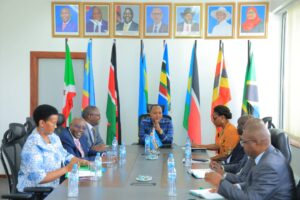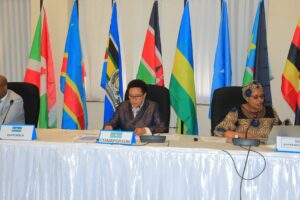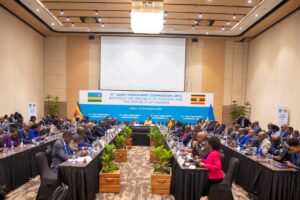
If Properly Implemented, the AfCFTA has the potential to facilitate peace and stability in Africa.
Torn between Peace and Hunger
The African Continental Free Trade Area (AfCFTA) is a historic agreement to create a single market for goods and services across the African continent. The AfCFTA was launched on January 1, 2021, and is the largest free trade area in the world in terms of participating countries, with 54 of the 55 African Union (AU) member states signing the agreement. The AfCFTA seeks to boost intra-African trade, promote economic growth and job creation, and enhance competitiveness by eliminating tariffs and non-tariff barriers to trade within Africa. The agreement will provide significant opportunities for African businesses and investors to expand and diversify their operations.
Due to the COVID-19 pandemic, social unrest has risen in Sub-Saharan Africa, with this trend is expected to persist, resulting in investment risk and capital outflows. Numerous conflict hotspots, such as Ethiopia, Libya, South Sudan, the Central African Republic, Somalia, and northern Mozambique, will pose significant security and stability risks. African governments must address these conflicts to take advantage of intra-trade in AfCFTA. Although removing trade barriers is critical, it is important to remember that being a free trade area does not imply that every location will be attractive. Political instability is a significant barrier that may dissuade investors from investing in certain regions.
AfCFTA brings hope
The conflicts have many causes, including poverty, human rights violations, bad governance, corruption, ethnic marginalization, and small arms proliferation. The AfCFTA’s potential of lifting 30 million people out of extreme poverty shows that the problem of poverty as a causative agent of conflicts can be tackled.
Observing human rights and good governance are linked to economic growth and development. That is to say, to benefit from the AfCFTA’s potential; the member states are called to restructure governance and observe human rights. Bad governance, corruption, and high-income inequality drive up poverty; vice versa will lead to development.
To alleviate the conflicts in regions, Africa will need good governance, observing human rights, and increasing individual freedoms. This will allow people to benefit from AfCFTA’s potential by exploiting the existing opportunities in the market by offering their goods and services or becoming an attractive region for investments. In the long run, poverty will be alleviated, and peace will reign. Political leaders should see the existing opportunity and the need to improve their political environment.
Human Rights
Observing human rights is crucial for the success of AfCFTA because trade and human rights are closely linked. Human rights violations, such as forced labour and child labour, have a negative impact on trade relations and international reputation. Discrimination, corruption, and lack of transparency can impede economic growth and deter investment. It is essential to ensure that human rights are protected and respected in all aspects of trade and commerce.
This means that governments and businesses must take steps to promote human rights, including ensuring that workers are paid fairly, that they work in safe conditions, and that their rights to freedom of association and collective bargaining are respected. It also means that governments must ensure that trade policies are not implemented at the expense of human rights and that vulnerable groups, such as women and children, are protected from exploitation.
By ensuring that human rights are respected and protected, the African continent can fully realize the potential of free trade, create jobs, reduce poverty, and promote sustainable economic growth, and the conflicts will be history.
Good Governance
The African Continental Free Trade Area (AfCFTA) is a game-changer for the continent’s economic growth and development. However, to exploit the full potential of the AfCFTA, good governance is essential. Good governance refers to the efficient and effective management of public resources to promote economic development, ensure political stability, and provide public services that meet the needs of citizens.
The single market, with a combined GDP of over $3 trillion and a market of 1.3 billion people, presents a tremendous opportunity for African countries to improve their economic prospects and reduce their reliance on external markets. However, to exploit the full potential, the member states should ease the business and provide a predictable business environment, which is good governance.
Good governance is essential for the success of the African Continental Free Trade Area (AfCFTA) in these main ways. It attracts foreign investment by providing a stable and predictable business environment and enhances the effective implementation of the AfCFTA by developing and enforcing policies and regulations that promote the free movement of goods and services across borders. It will potentially contribute to reducing corruption by promoting transparency, accountability, and integrity in the public sector, which is critical for the success of the AfCFTA by creating a level playing field for businesses.
Good Governance promotes trade facilitation, enhances investment, ensures effective implementation, and reduces corruption. African countries need to prioritize good governance practices to exploit the full potential of the AfCFTA and improve their economic prospects
The successful implementation of the AfCFTA will bring peace to member states wh0 are in conflict. To have a peaceful society, African countries must prioritize good governance practices, observe human rights, and promote economic growth and development to exploit the opportunities presented by the AfCFTA fully. By doing so, regions can alleviate conflicts and create a peaceful environment that attracts investments and offers goods and services to the market, leading to long-term poverty alleviation and overall economic prosperity. Political leaders must recognize this need and improve the political environment to support these efforts.
These are the writer’s own opinions and do not necessarily reflect the viewpoints of Liberty Sparks. Do you want to publish in this space? Contact our editors at info@libertysparks.org for further clarification.



